Home Generators: What You Need to Know

Major power outages are inconvenient, annoying, and sometimes dangerous - particularly during hurricane season in Port St. Lucie. While no electricity for 15 minutes can be a minor annoyance, if you've ever lost power for an extended time, you realize that you're in a dangerous, possibly life-threatening situation.
Having a home backup generator is an essential investment as a homeowner, but navigating through the various options can be confusing, and it's certainly not a decision you want to make in a panic in anticipation of a major storm.
Here is everything you need to know about buying the right home generator so that when inclement weather hits, you can keep the lights on.
Choosing Between Standby & Portable Generators
While there are plenty of options for generators out there, and brands too, with Honda and Generac generators as options, when it comes down to it, your main deciding factors are standby or portable.
Portable Generator
As the name suggests, portable generators can be moved and transported more easily, but they can only power designated zones or appliances in your home.
Also, because they run on gasoline, you'll need to safely store an adequate supply of gas and be sure to properly maintain the unit to avoid damaging it when it's not in use.
And because of that gas, they shouldn't be operated within 20 feet of your home due to the risk of accidental carbon monoxide poisoning. This limits your options during possible emergencies.
Standby Generator
Whole-home generators are larger and typically produce more power than portable generators, and are tied directly into your home's power grid.
Most importantly, they're automatically activated in the event of a power outage, which ensures you always have electricity even during a storm, adding serious value to your home as well.
They're called "whole-home" generators because, as the name suggests, they provide enough power to supply your entire home, instead of having to determine and designate certain zones.
These are ideal for homeowners that can't risk an interruption in the electricity supply in their home under any circumstances. For example, people who are on ventilators or those who depend on medication that must be refrigerated will especially benefit from standby generators.
Also, unlike portable units, whole-home generators can be powered by propane or natural gas. This allows you to easily integrate them into your home's utilities and eliminating the need to stock up on gas, which can be tough after a storm.
Determining the Right Size

So, you may be asking yourself now, “what size whole home generator do I need?” A generator's output is measured in wattage, and determining the right size for your home is an integral part of the selection process. While you don't want to purchase a generator that's too small getting one that’s too large is also a problem.
So, what are your options?
It all starts by making a list of the wattage used by every appliance in your home and choosing the ones you plan on running in the event of a power outage. Remember to include essentials like your refrigerator, HVAC system, and miscellaneous electronics like your TVs and laptops.
Determine the "starting wattage" for each appliance by multiplying the running wattage by three. Add up the starting wattage for each appliance, and the total number is the wattage requirement you need to use as a minimum standard when selecting a generator.
If you're not feeling confident, your best bet is always to consult with a professional electrician who can help you make the correct selection.
The Installation Process
Whole-home or standby generators must be installed by licensed electricians with the requisite knowledge and expertise to get the job done right. This will give you peace of mind when you need it most.
The installation process generally includes preparing the outside area where the unit will reside, installing all the natural gas lines needed to power your new generator, and then integrating that system into your home's power grid with a transfer switch. This allows your home to "switch" to the generator in the event of a power outage.
Poorly installed generators can be hazardous. They can damage your home's electrical system - from the wiring to the appliances - and can even pose a fire risk. It's never worth it to risk putting your home, your life, and the lives of others in a dangerous situation.
Luckily, for homeowners in and around the Port St. Lucie area, Elite Electric & Air is here to help. From choosing the right generator for your budget and needs to expert installation, you can call us at (772) 905-3527 for a stress-free experience this hurricane season.
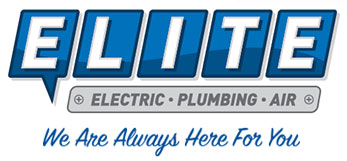




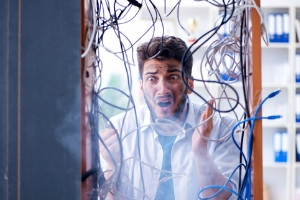 The electrical panel is the heartbeat of your home. Would you want to perform open heart surgery if you were unknowledgeable of proper techniques? The same thought process is true when it comes to electrical safety and touching a panel without experience and knowledge.
The electrical panel is the heartbeat of your home. Would you want to perform open heart surgery if you were unknowledgeable of proper techniques? The same thought process is true when it comes to electrical safety and touching a panel without experience and knowledge. For your safety, and the safety of your home, it’s important to understand what circuit breakers and fuses are and what they are used for. Both serve the same purpose of protecting electrical panels and circuits from overloads that can lead to a power shutdown or even cause fires.
For your safety, and the safety of your home, it’s important to understand what circuit breakers and fuses are and what they are used for. Both serve the same purpose of protecting electrical panels and circuits from overloads that can lead to a power shutdown or even cause fires.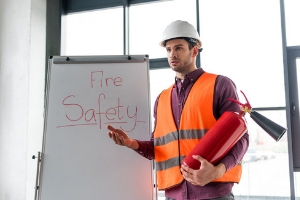 You flip a switch and expect lights to come on, you turn on the computer and expect high-speed internet. Electricity is a vital staple for this generation and without it, we’re lost. However, being without power is not a worst-case scenario.
You flip a switch and expect lights to come on, you turn on the computer and expect high-speed internet. Electricity is a vital staple for this generation and without it, we’re lost. However, being without power is not a worst-case scenario.

 Dead or hot outlets.
Dead or hot outlets.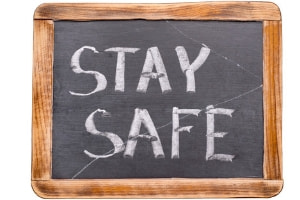 Another important reason to work with a professional is because they have the necessary tools to perform detailed and accurate repairs in your home.
Another important reason to work with a professional is because they have the necessary tools to perform detailed and accurate repairs in your home.

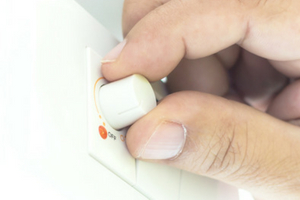 Color light therapy is already used by medical practitioners and hospitals to heal emotions and physical pain.
Color light therapy is already used by medical practitioners and hospitals to heal emotions and physical pain. Red light therapy has many healing benefits, including:
Red light therapy has many healing benefits, including: Just like natural sunlight, Biophotonic BLUE light therapy lifts your mood, eases anxiety and reduces weight gain due to the dark days of winter.
Just like natural sunlight, Biophotonic BLUE light therapy lifts your mood, eases anxiety and reduces weight gain due to the dark days of winter. You don’t have to go to the hospital or see a specialist to receive color light therapy. Thanks to today’s high technology, you can have color light therapy right at home.
You don’t have to go to the hospital or see a specialist to receive color light therapy. Thanks to today’s high technology, you can have color light therapy right at home.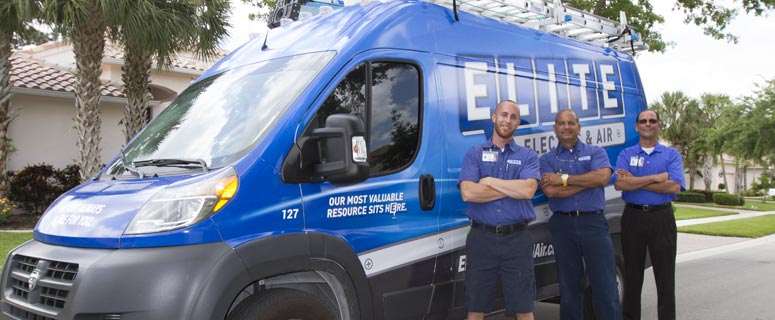

 Search Google for electricians near you. Go to their website. Take a look at the services they provide. Do they specialize in any one thing? Many electricians do. So be sure that they are a good fit for the type of electrical work you need to get done.
Search Google for electricians near you. Go to their website. Take a look at the services they provide. Do they specialize in any one thing? Many electricians do. So be sure that they are a good fit for the type of electrical work you need to get done.
 A reputable electrical contractor will provide you with a detailed estimate for the work you need to get done. Some high-quality electricians will provide you with a written guarantee as well as a written estimate.
A reputable electrical contractor will provide you with a detailed estimate for the work you need to get done. Some high-quality electricians will provide you with a written guarantee as well as a written estimate.

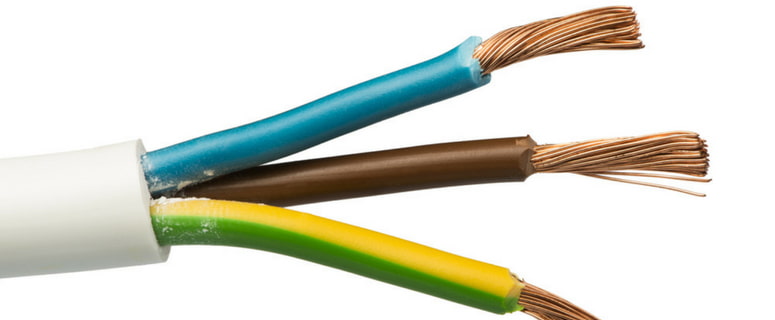


 This suggestion is great if you love to barbecue. Cooking food outside instead of in your kitchen offers a variety of ways to conserve electricity. It burns coals or propane with a grill instead of using energy via your oven or stove.
This suggestion is great if you love to barbecue. Cooking food outside instead of in your kitchen offers a variety of ways to conserve electricity. It burns coals or propane with a grill instead of using energy via your oven or stove.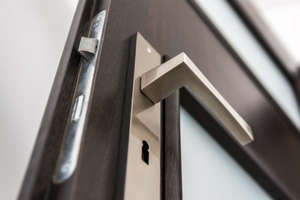 Something we should do more often is ensure that the entrances to our homes are properly closed and sealed. This precaution can reduce the amount of air coming in from outside, which is forcing the HVAC unit to work harder to cool or heat the interior.
Something we should do more often is ensure that the entrances to our homes are properly closed and sealed. This precaution can reduce the amount of air coming in from outside, which is forcing the HVAC unit to work harder to cool or heat the interior. Do you think your home could use a bit of outdoor vegetation? One method of saving energy that can also make your property more beautiful is by planting trees in strategic spots to help with cooling and heating, depending on the season.
Do you think your home could use a bit of outdoor vegetation? One method of saving energy that can also make your property more beautiful is by planting trees in strategic spots to help with cooling and heating, depending on the season. Low-emissivity, or Low-E, glass is an innovative product designed to reflect infrared and ultraviolet light while allowing the same amount of light to shine through as regular glass would.
Low-emissivity, or Low-E, glass is an innovative product designed to reflect infrared and ultraviolet light while allowing the same amount of light to shine through as regular glass would.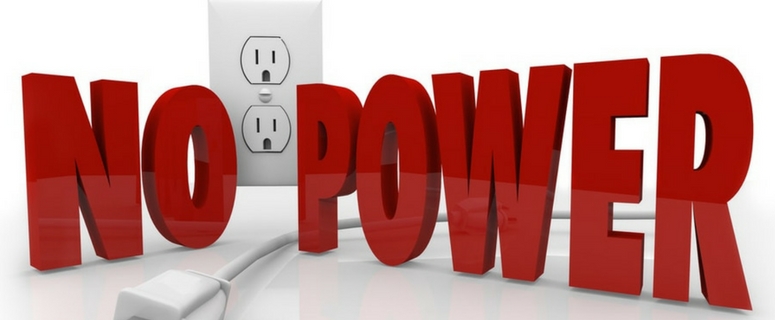
 Something modern society definitely takes for granted these days it's the constant presence of
Something modern society definitely takes for granted these days it's the constant presence of 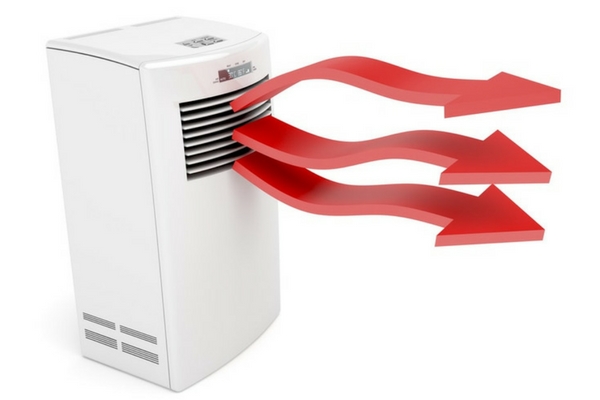 No power would mean no way to control our climate. We'd be at the mercy of the weather, which means thing could get nippy or scorching hot depending on the time of day and season.
No power would mean no way to control our climate. We'd be at the mercy of the weather, which means thing could get nippy or scorching hot depending on the time of day and season.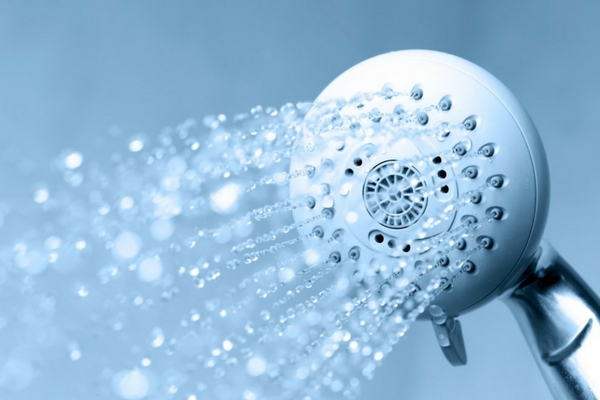 Plumbing isn't affected too much by a lack of electricity, except in one key area. Without power, there's no warm water, and without warm water, there's no hot showers.
Plumbing isn't affected too much by a lack of electricity, except in one key area. Without power, there's no warm water, and without warm water, there's no hot showers. Lights are everywhere these days, which is why the absence of light would probably be the most apparent thing missing.
Lights are everywhere these days, which is why the absence of light would probably be the most apparent thing missing.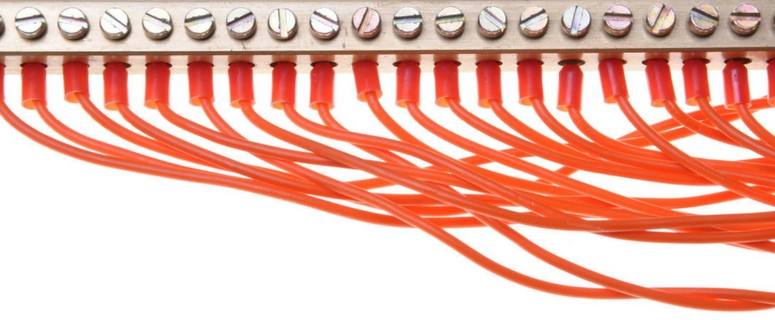
 Before you take on a do-it-yourself electrical project, ask yourself, is it worth risking my life or a loved one to save a few dollars?
Before you take on a do-it-yourself electrical project, ask yourself, is it worth risking my life or a loved one to save a few dollars? Ensure chords are free of kinks
Ensure chords are free of kinks It may seem obvious, but you should be very careful when working on electrical appliances near sources of water, such as swimming pools and wet areas. Water is a very good conductor, and you come into contact with a wet surface that is exposed to a live wire, the current can pass through your body causing shock.
It may seem obvious, but you should be very careful when working on electrical appliances near sources of water, such as swimming pools and wet areas. Water is a very good conductor, and you come into contact with a wet surface that is exposed to a live wire, the current can pass through your body causing shock.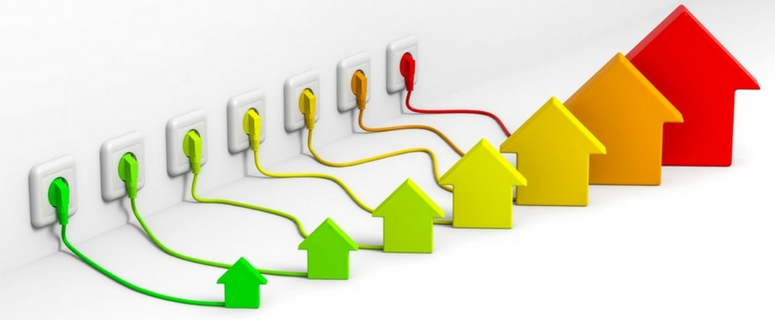

 Hair dryers
Hair dryers The major problem with power surges is that they can cause a great deal of damage, particularly because they can melt plastic parts, melt metal, and cause fires.
The major problem with power surges is that they can cause a great deal of damage, particularly because they can melt plastic parts, melt metal, and cause fires. Frequent shocks when you touch an appliance or light fixture
Frequent shocks when you touch an appliance or light fixture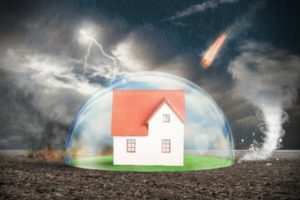 Although electrical problems can be damaging and even dangerous, there are ways you can protect your family and your home.
Although electrical problems can be damaging and even dangerous, there are ways you can protect your family and your home.






